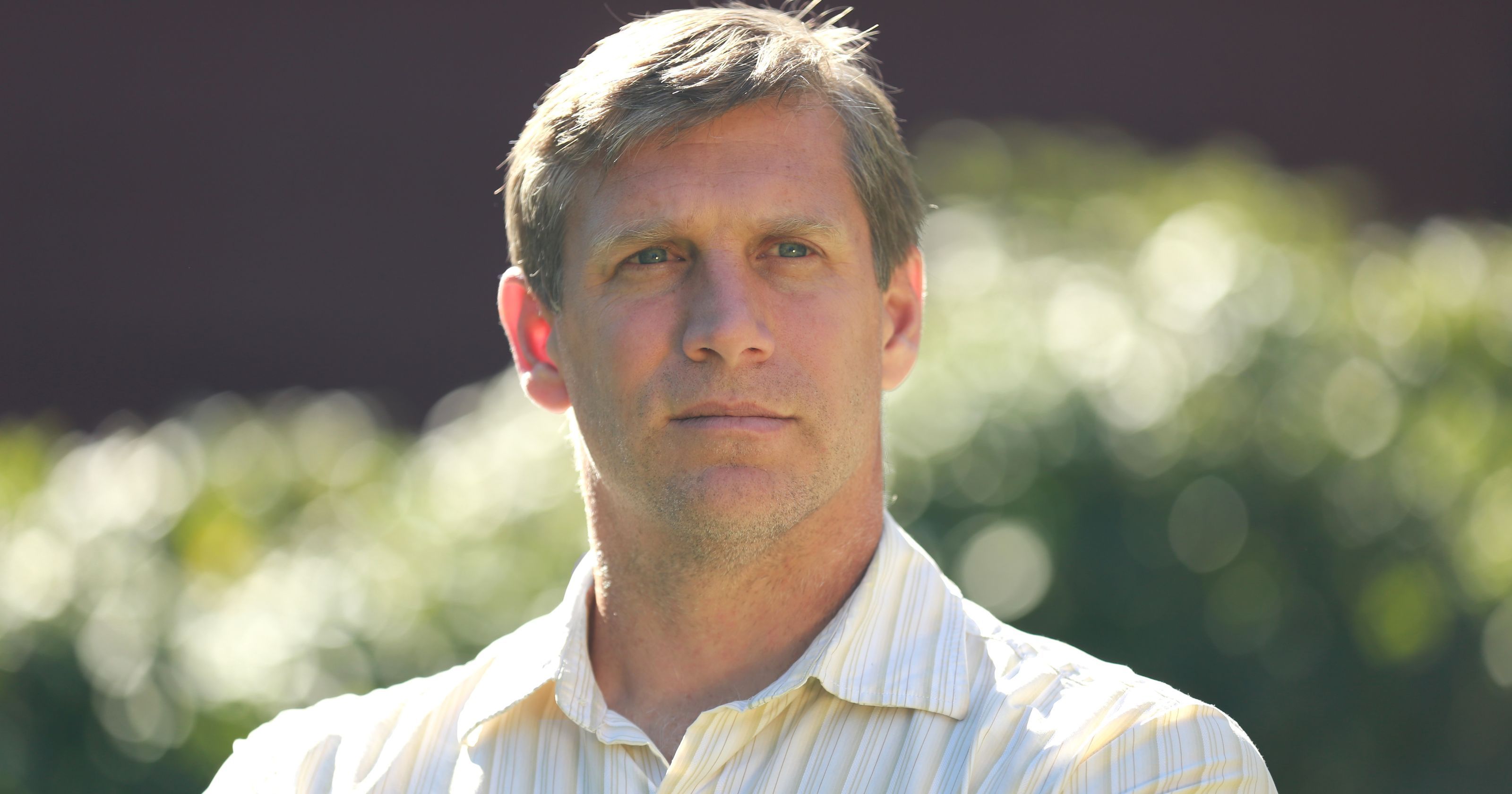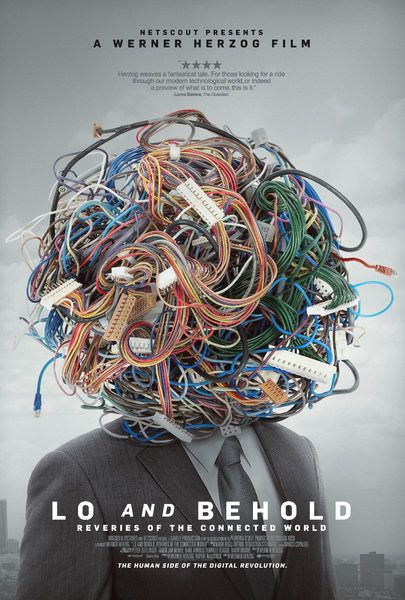My new Vice Motherboard article on increased social media use, trolling and what psychologically it might be doing to us:
The internet has turned us into belligerent critics.
The amount of growth Facebook has experienced in active users from 2012 to 2016 is staggering. An extra 650 million members joined worldwide in that election cycle. In the same years, Twitter—the ultimate blow-your-top-outlet-without-thinking—has grown from 340 million tweets a day to over 500 million (or 200 billion a year). In fact, many politicians and similar public personalities weren’t even on Twitter in 2012. Snapchat didn’t even exist until September of 2011.
One of the things that worries me most over this phenomenon is that capitalism allows us make to money off trolling. Lots of money. Like the unsavory consequences of cigarettes, Facebook wants you to get in endless heated discussions with people you don’t personally know and fight it out online. Every time you click and comment, their purse grows from ad sales.
Apart from the negativity of arguing with people endlessly, I’m constantly astonished by the things people say to me on social media—knowing well that I often read them. It’s not the death threats I worry about from the psychos or mentally deranged—it’s the normal people that scare me. Many have good jobs, college educations, and families, but they still say hair-raising stuff. And it’s the fact they espouse this vitriol regularly. Here’s a few:





